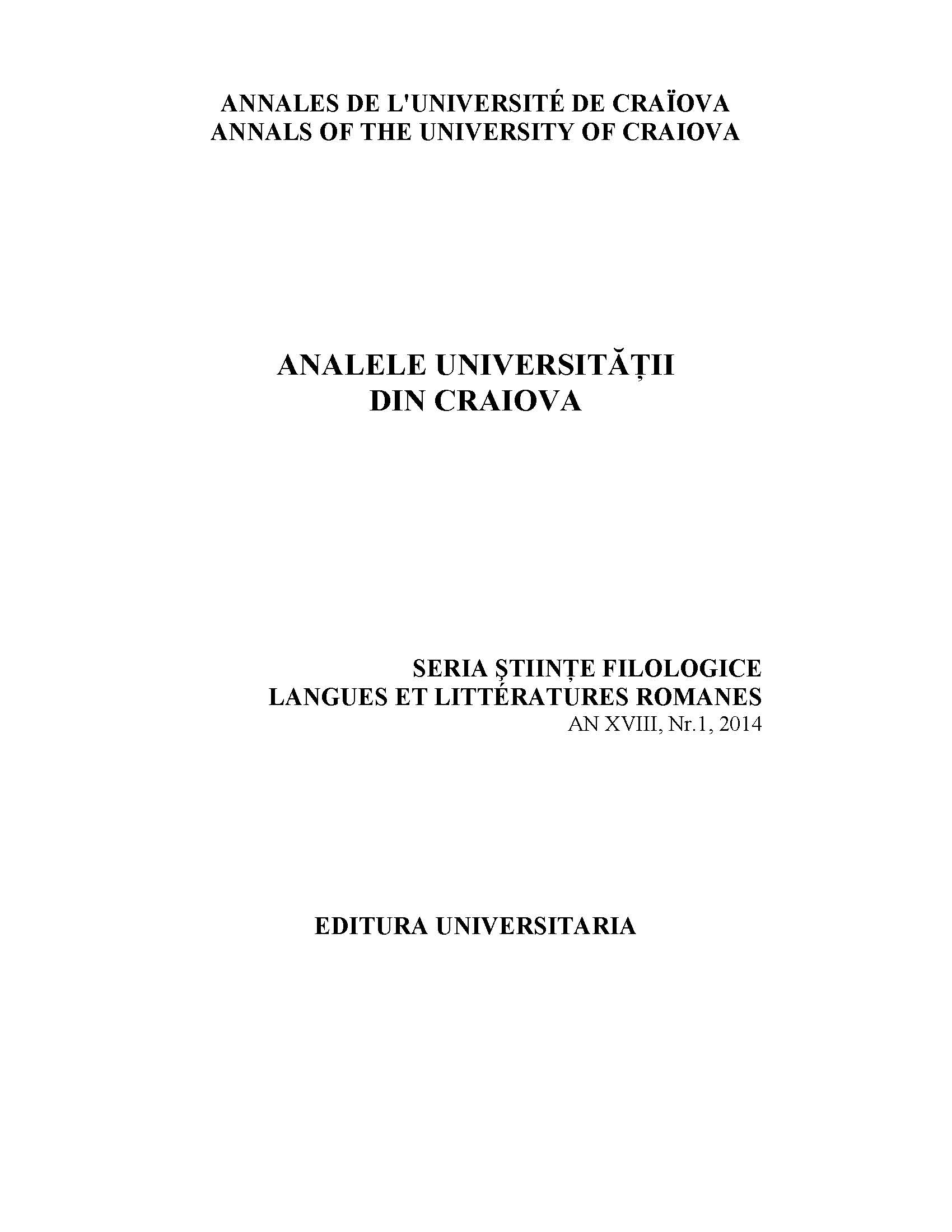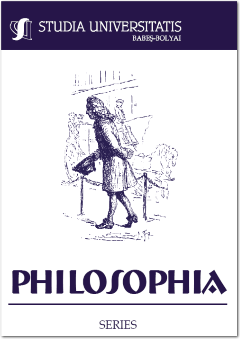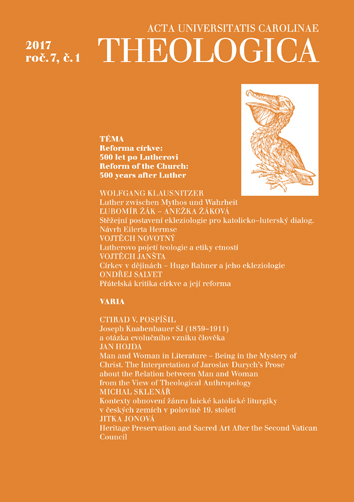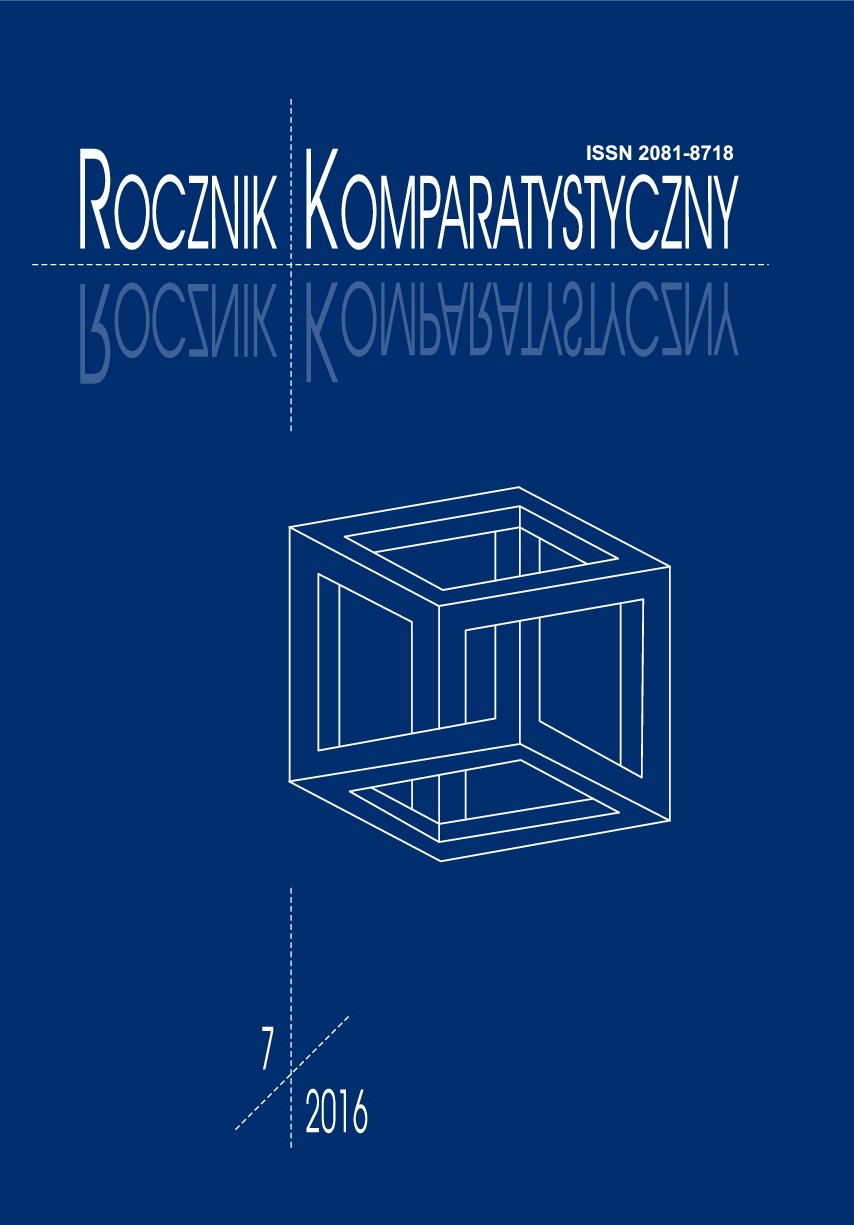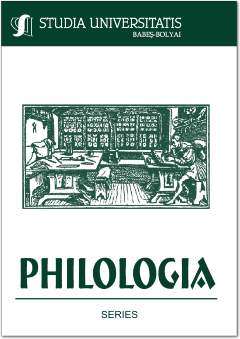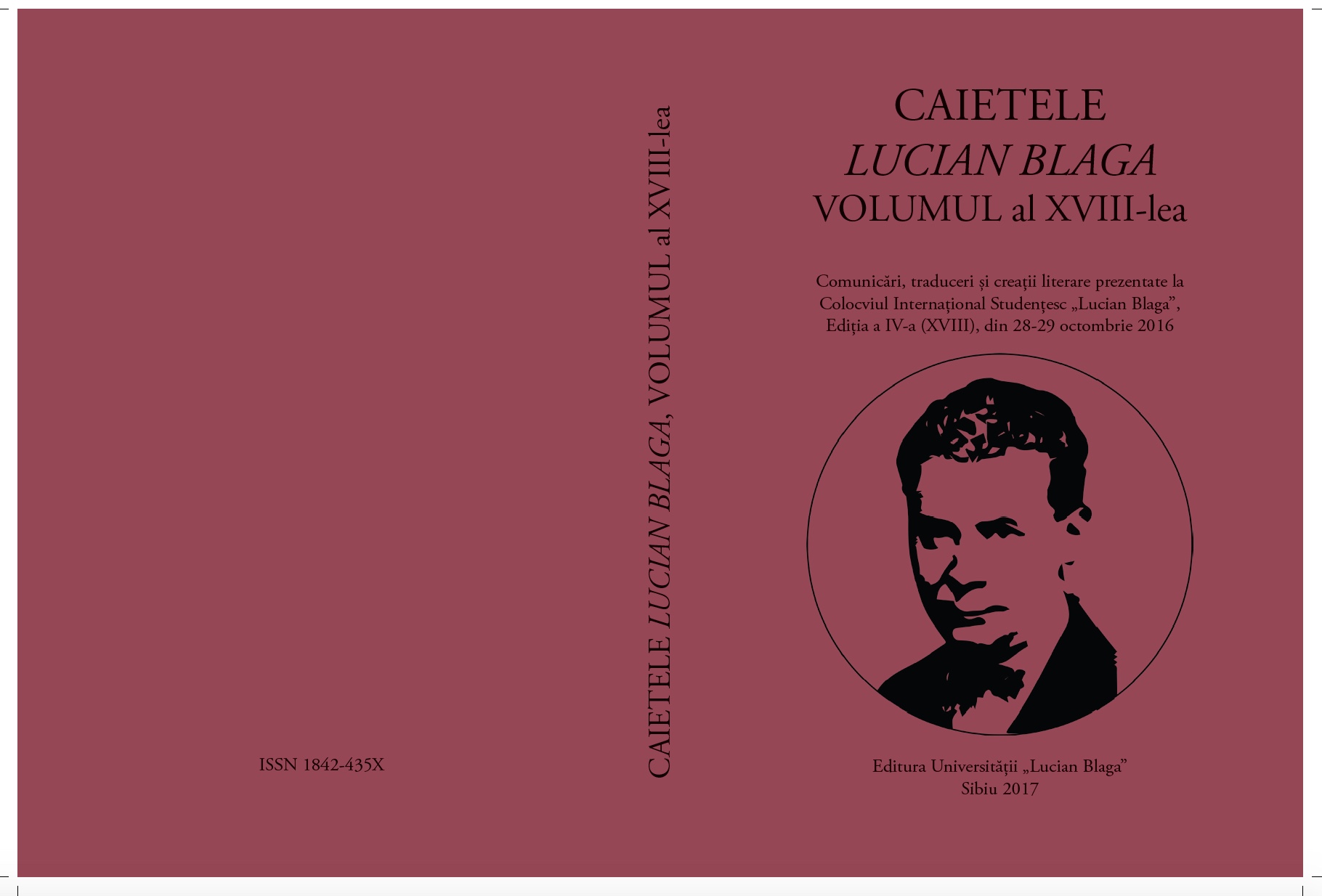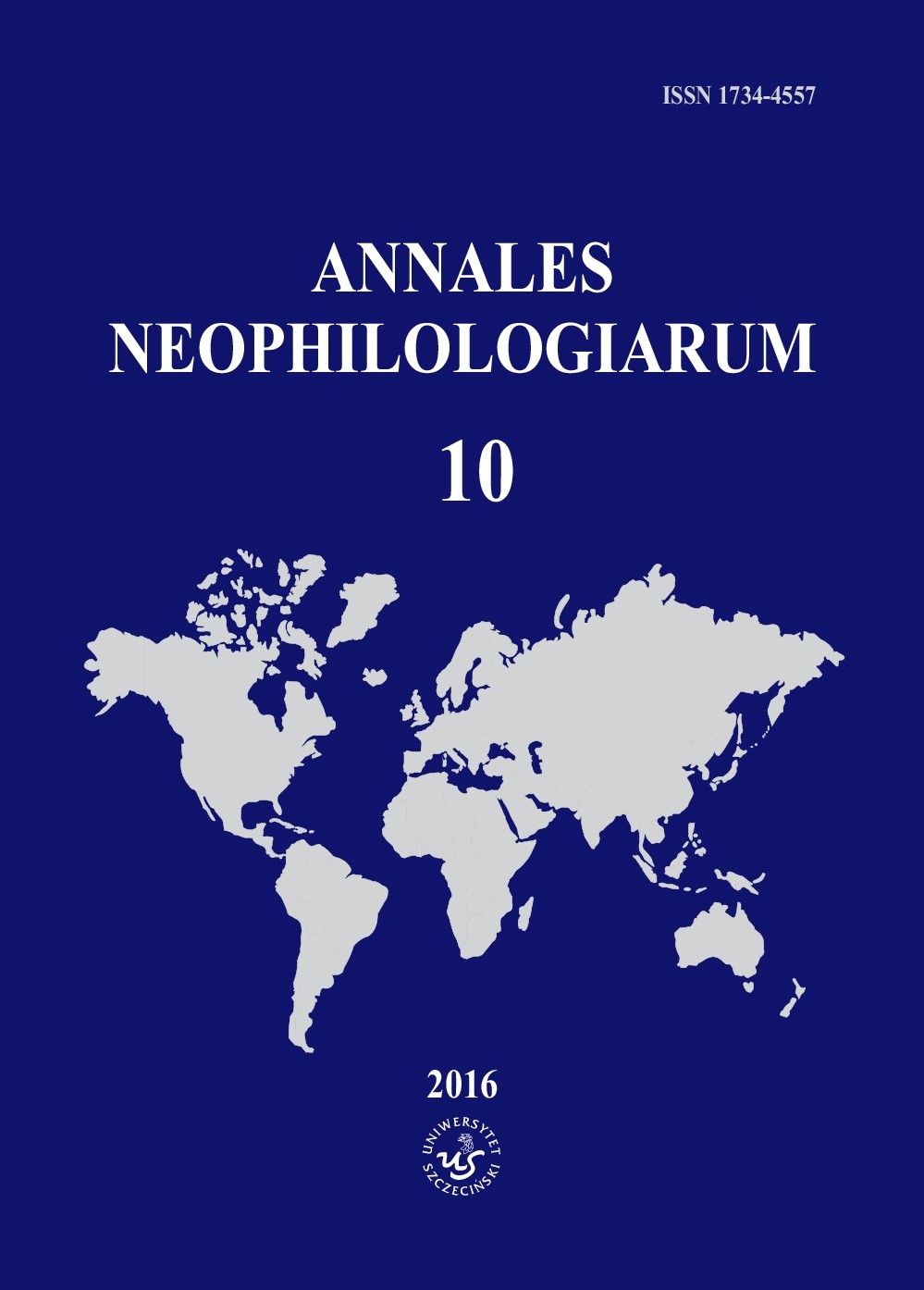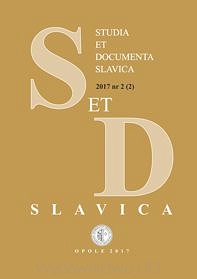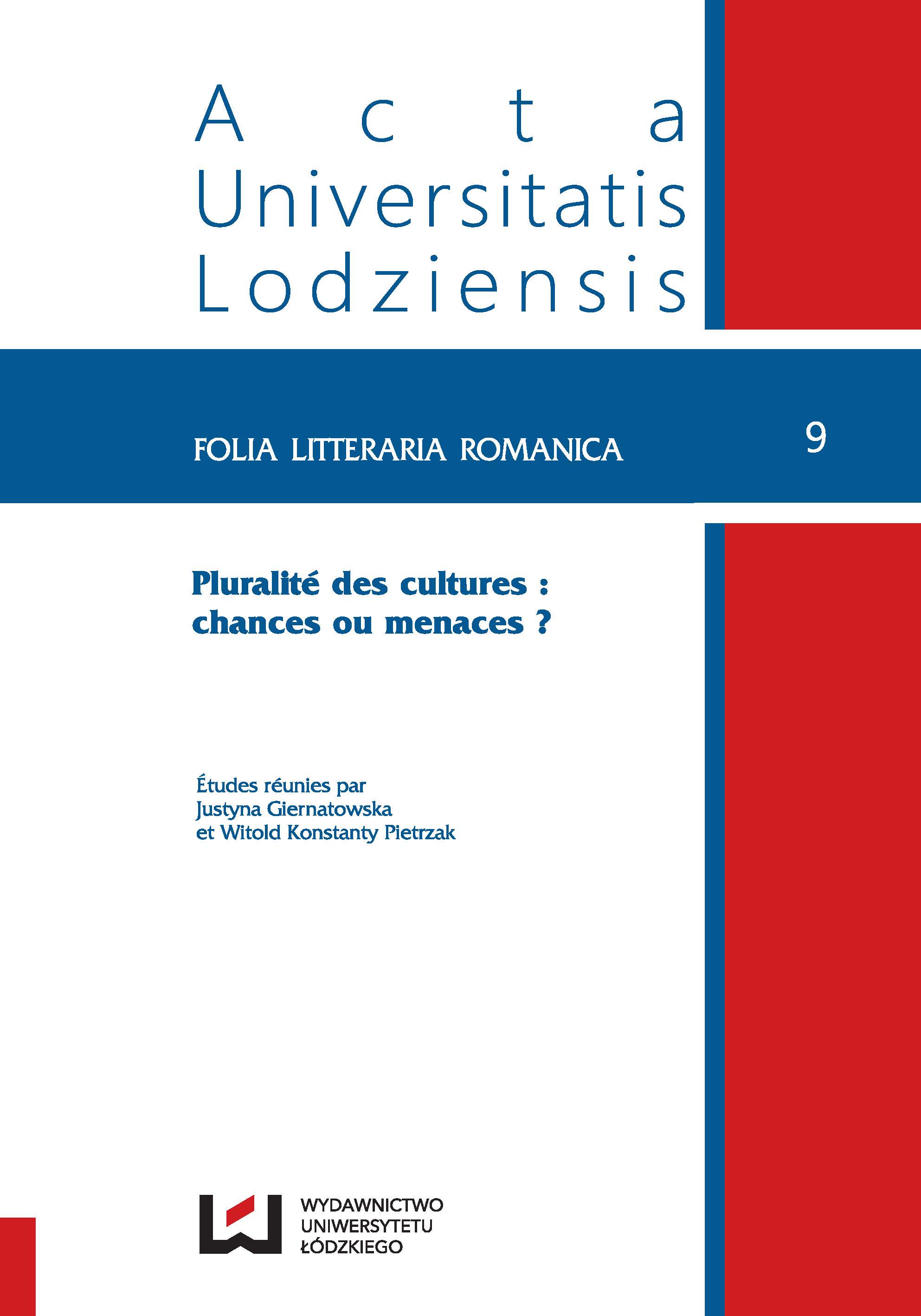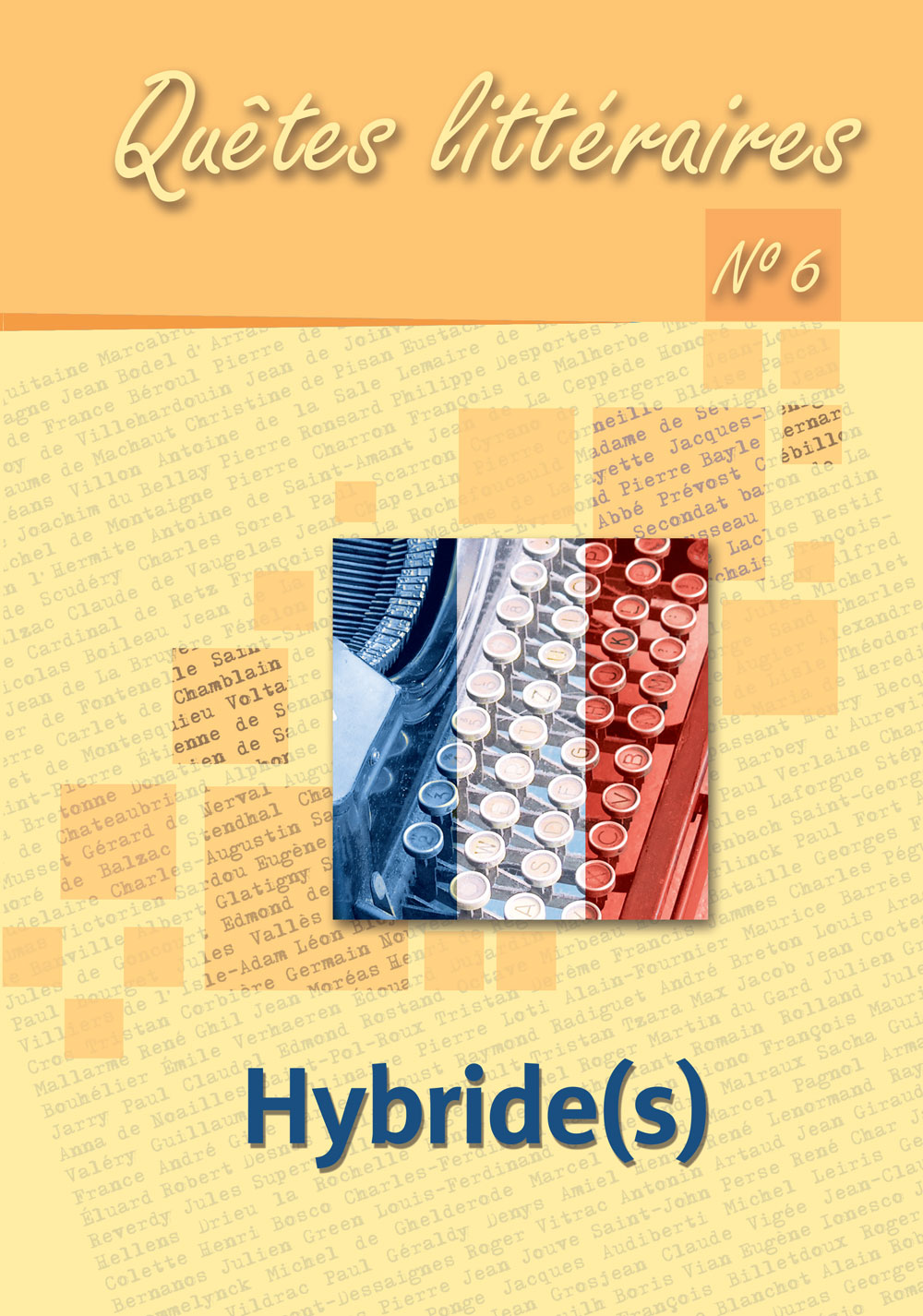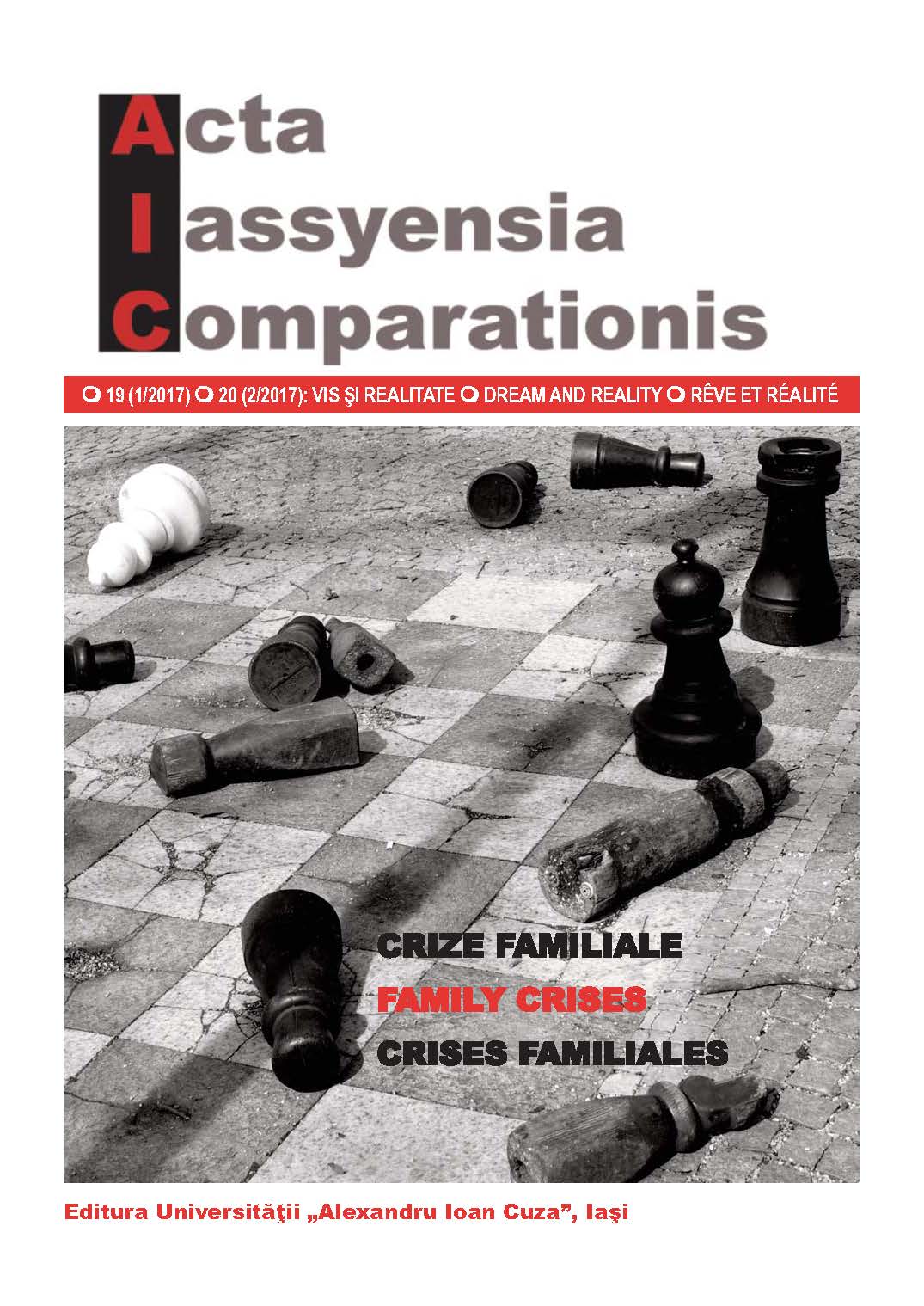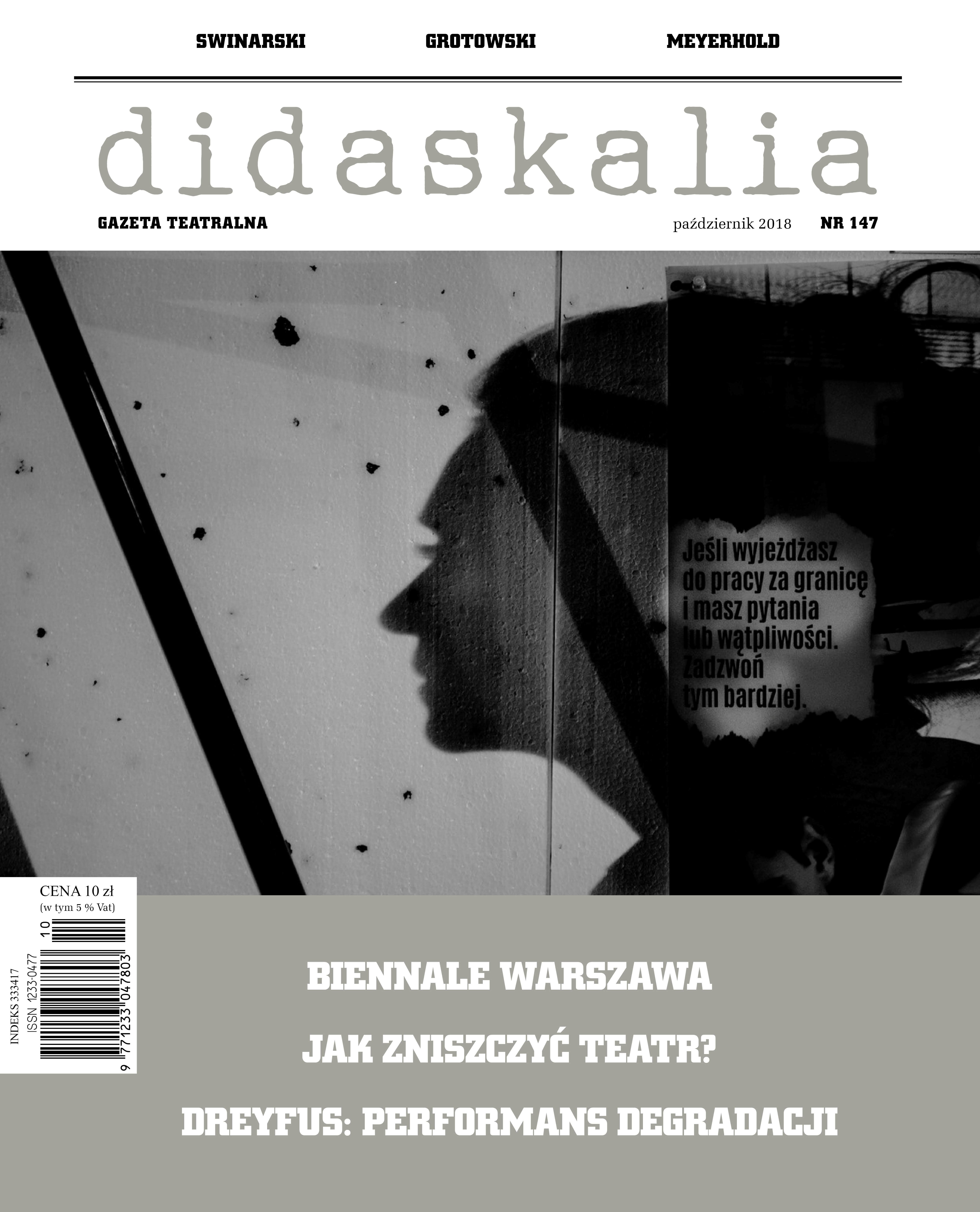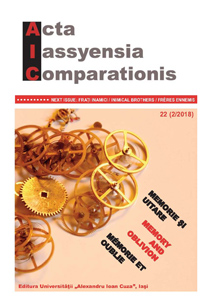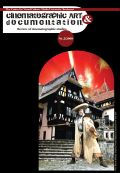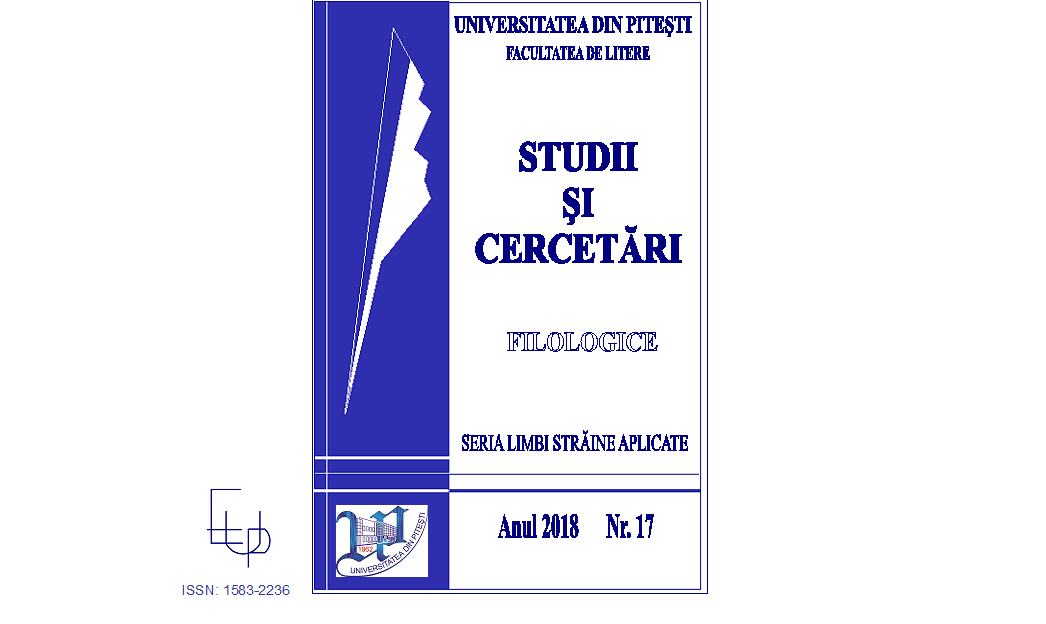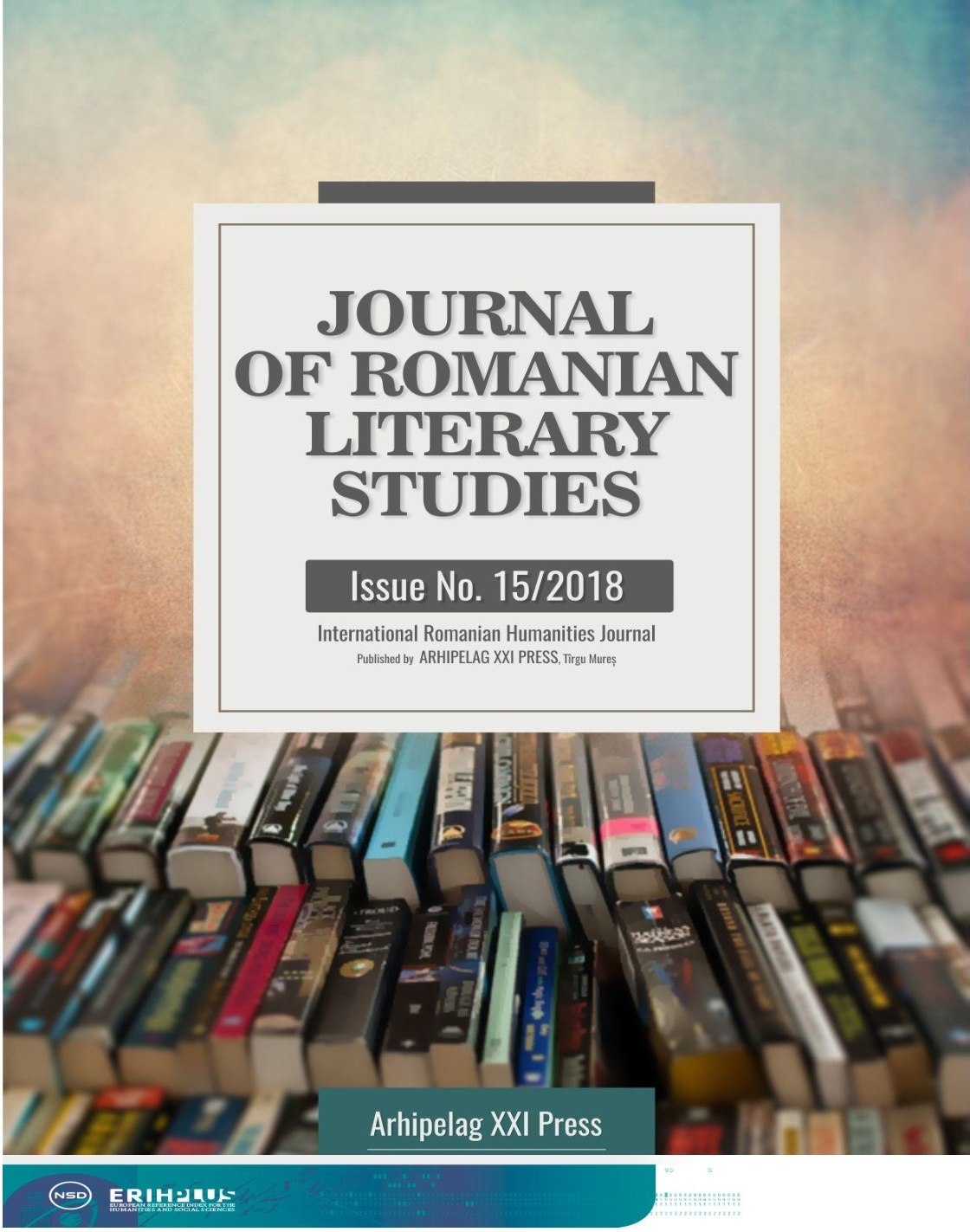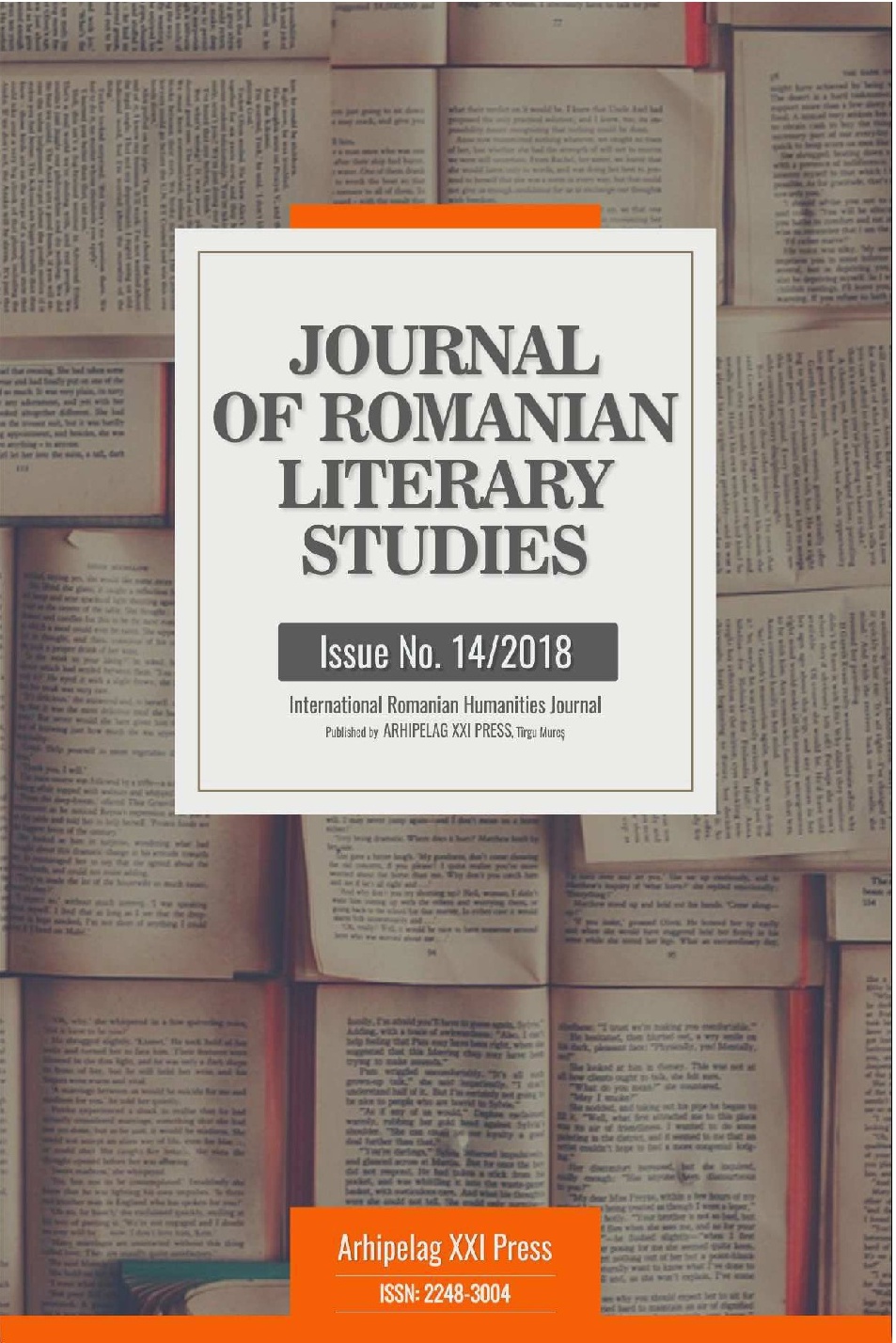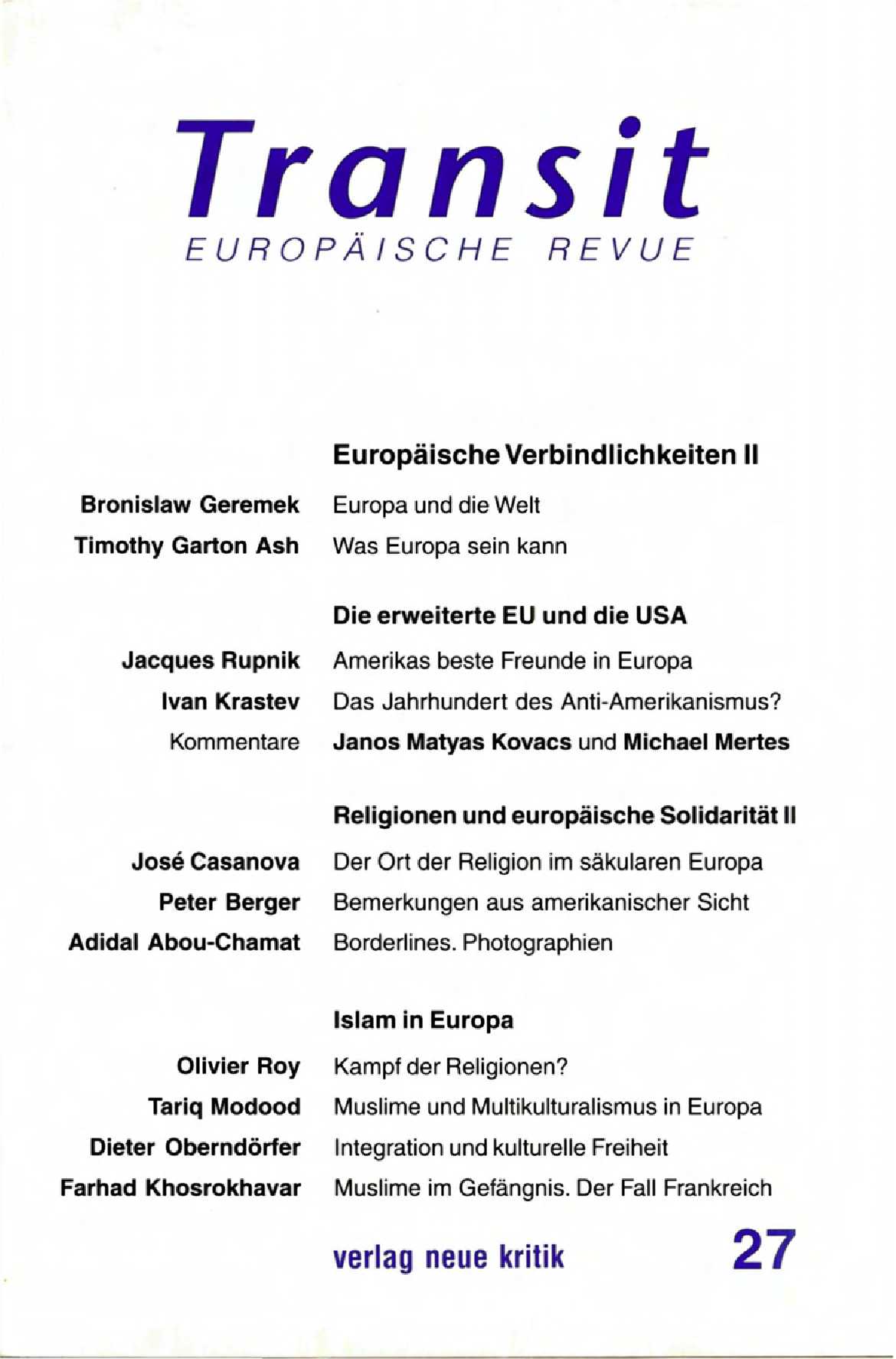
Religion und europäische Integration. Bemerkungen aus amerikanischer Sicht
Religion und europäische Integration. Bemerkungen aus amerikanischer Sicht
Keywords: Religion und europäische Integration. Bemerkungen aus amerikanischer Sicht
Die Beiträge, die zum Thema »Religion und europäische Integration« in Transit Nr. 26 veröffentlicht wurden, verschaffen einen erhellenden Einblick in die Rolle, die die Religion für die Integration Europas spielt – ein Problem, das in der aktuellen Debatte über die Frage, ob die im Entwurf vorliegende Verfassung der Europäischen Union auf die Religion Bezug nehmen sollte, zum Tagesthema avanciert ist. Während die Artikel von Daniele Hervieu-Leger und David Martin einen aufschlussreichen Blick auf das Wechselspiel von Religion und Säkularität werfen, stellt der Beitrag von Charles Taylor das Thema in einen größeren theoretischen Rahmen und die sachkundigen Aufsätze von Nilüfer Göle und Bhikhu Parekh befassen sich mit der Frage, wie der Islam in das Projekt der europäischen Einheit hineinpasst. Im Folgenden habe ich nicht die Absicht, diese vorzüglichen Beiträge zu kommentieren. Vielmehr möchte ich ein paar (mehr oder weniger systematische) Anmerkungen machen, und zwar aus der Perspektive, die nun mal die meine ist: nämlich der amerikanischen. (Um dem Kanadier Taylor nicht zu nahe zu treten, müsste ich eigentlich sagen: »aus der Perspektive der Vereinigten Staaten«. In Sachen Religion und in anderen Dingen gibt es Unterschiede zwischen Kanada und den Vereinigten Staaten. Dennoch werde ich aus Stilgründen bei der gewohnten Terminologie bleiben.)
More...
